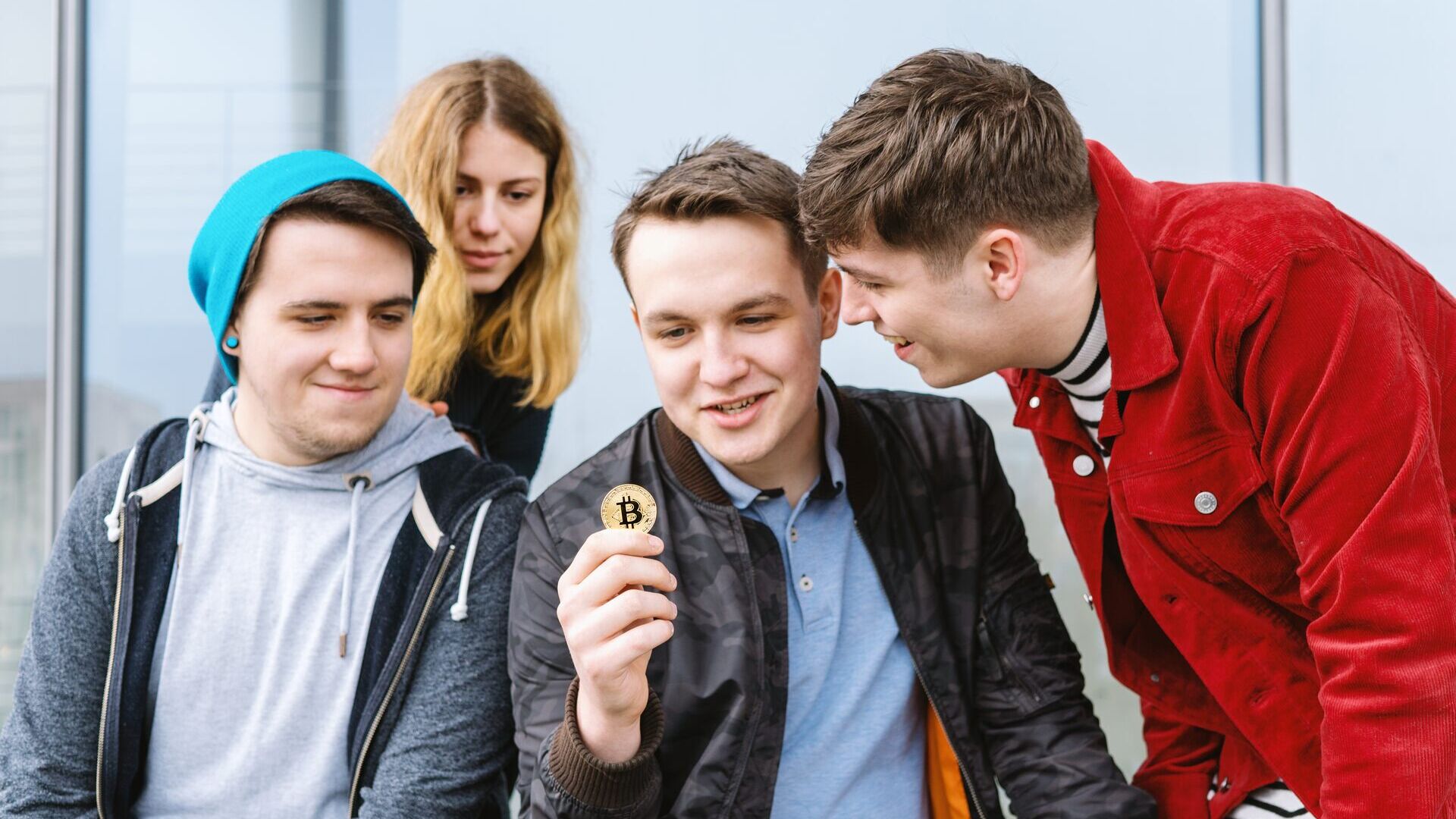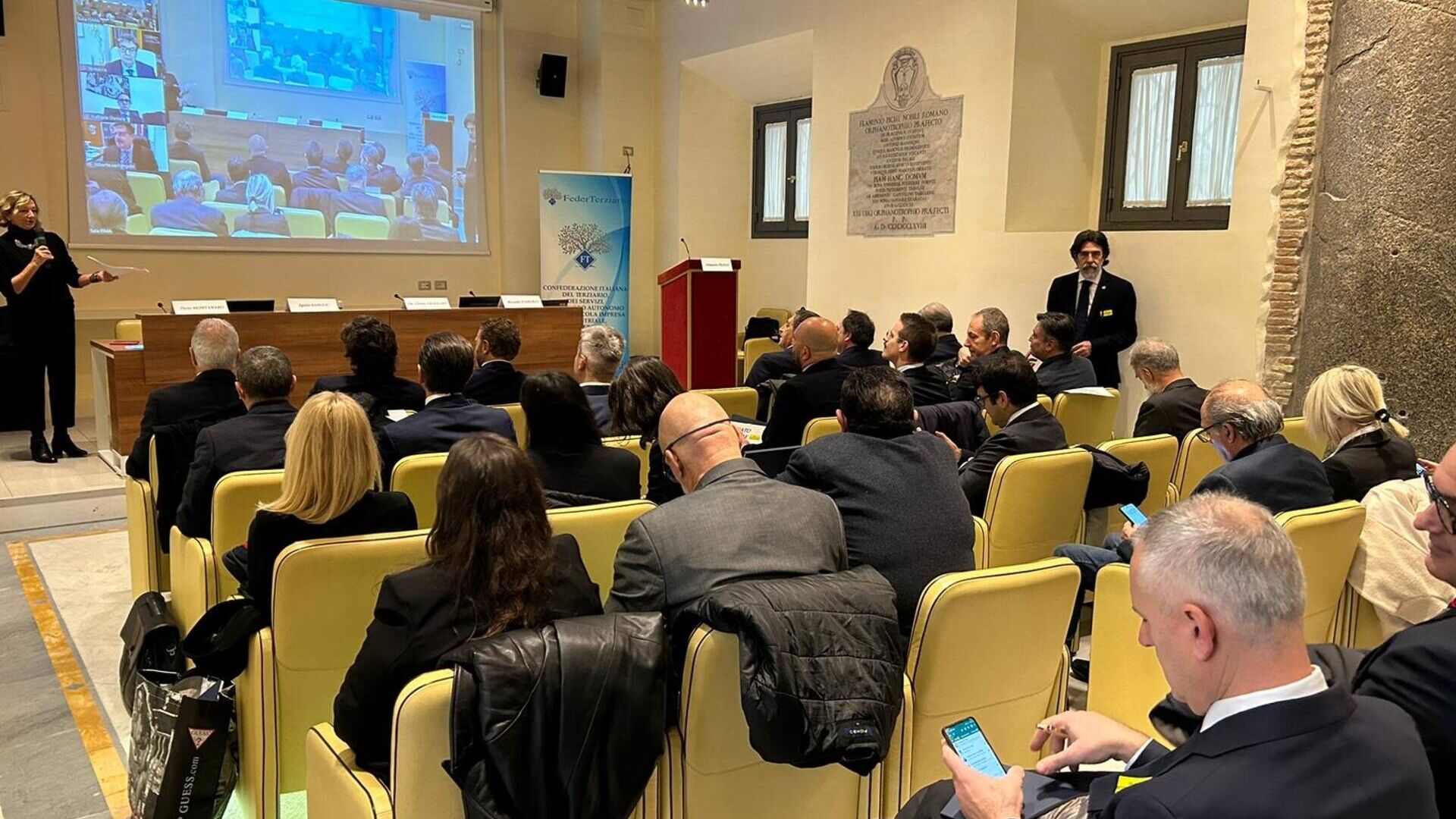Bitcoin: what they are and how to buy them
Bitcoin: what they are and how to buy them
Bitcoin, or BTC, is a virtual currency created in 2008 by the Japanese Satoshi Nakamoto, an anonymous person who that year published his invention in the form of a whitepaper, i.e. a document of only 9 pages, on an online cryptography forum in which he described this innovative payment method for the Internet.
It is not yet known who Satoshi Nakamoto is, whether a man, a woman or a group of people and many believe he is dead. However, Satoshi left us an important legacy, Bitcoin and the blockchain.
In fact, Satoshi not only invented Bitcoin but the whole structure at its base, a sort of public archive of all transactions starting from the first one, which took place in 2009, or one year after the publication of the whitepaper.
The blockchain and trust
The real revolution of this technology is that there is no government, state, company or other entity that has to confirm transactions or can cancel them. The blockchain is in fact a distributed and open source ledger controlled only by mathematical laws.
Open source means that anyone can control its computer code. Distributed means that transaction management is done collectively across the network. In fact, no one owns the blockchain and everyone can participate in the project.
When we make a transaction with a credit card, Visa or Mastercard check that the payment is legitimate and the banks that you have enough money to spend.
Also, if a purchase was made by mistake, or if you send money to the wrong person, simply call your bank or block your card to get your money back and block your transactions. This is possible because there are companies and institutions that control everything and have access to all our data at any time.
This means that, fundamentally, we have to trust them, since at any moment, for any reason, they could decide to block our funds, even if it were a mistake.
With the blockchain, on the other hand, everything is based on algorithms and no entity can change or block it because this register is synchronized on thousands of computers all over the world and it would be necessary to be able to hack them all in order to modify the data and this is not possible and in fact is not never happened in 12 years.
This is why it is said that the blockchain is trustless, i.e. that there is a lack of need to trust it, as it is not controlled by anyone and therefore one should not rely on anything or anyone but only mathematics.
Bitcoin anonymous or pseudo-anonymous?
Furthermore, Bitcoin transactions – however public – are pseudo-anonymous. This means that publicly, a transaction has no direct association with the name of the sender or recipient, even if everything is traceable and in fact we have often seen in the past how some hackers or thieves have been stopped for committing crimes using BTC .
This is why Bitcoin is not anonymous but is said to be pseudo-anonymous since it is traceable. Even if the names are replaced by IBAN-style alphanumeric sequences, if you investigate deeply these could be found.
Mining
To confirm transactions there is therefore, we have said that there is no one financial institution but the so-called miner, individuals or even ad hoc companies that decide to dedicate their computing power to be able to solve very complex mathematical equations.
These operations are very complex and to successfully mine you need to buy rather expensive special machinery and spend a lot on electricity.
Bitcoin mining is essentially a competition, where only the first miner to confirm a block is rewarded. By doing this work, miners get rewards in Bitcoin.
With their work, therefore, on the one hand the miners confirm the transactions and on the other they create new Bitcoins.
The price of Bitcoins
But, since there is no central body to set the price of 1 Bitcoin – unlike what happens for fiat currencies – who or what sets the price of BTC?
The value of legal tender currencies is given by an agreement between who issues them (in Italy it is the State Bank) and who uses them: the two parties agree that a banknote is worth the amount shown on it.
For Bitcoin, however, its value is determined by supply and demand, or by how many people buy or sell on exchanges.
Exchanges are nothing more than trading platforms where you can buy and sell various cryptocurrencies such as Bitcoin and hundreds of other cryptocurrencies and tokens (on Coinmarketcap today there are over 3000 different cryptocurrencies).
The difference between crypto and token is then simple: cryptocurrencies have their own blockchain such as Bitcoin or Ethereum, while tokens rely on other people's blockchains such as Aave, Eidoo and so on, which in fact rely on the Ethereum blockchain.
Where to buy Bitcoins
As we said, exchanges are the platforms where you can buy and sell BTC. Among the best known platforms are Kraken and Binance, all with translation and support in Italian.
In all these cases, to trade, you will need to complete a registration procedure by also sending your documents in order for the platform to comply with anti-money laundering laws.
Bitcoin's bad reputation
Unfortunately, Bitcoin's reputation is not the best, given that it is often used for illicit uses, even if the data confirms that the most used means for these purposes is cash, also because it is technically more anonymous than Bitcoin, as we have seen previously.
But whether or not Bitcoin is used as a payment method or as an investment, the real revolution in technology is probably the blockchain, which can actually be used for different applications.
By now, in fact, in this decade, we see that the blockchain is no longer "just" a register of transactions but is used in many sectors, from art to supply chains, from gaming to the Internet of Things.
Regardless, it is now undeniable that Bitcoin is here to stay. This is not a scam or a passing movement but a reality.
You may also be interested in:
Persuasion or manipulation? Genesis and historical impact of PR
This is how Public Relations, from the sophistic dialogue of ancient Greece to the current digital era, continues to offer continuous innovation
Young people and cryptocurrencies: how to find out more about Bitcoin…
Introducing kids to digital currencies and Blockchain can be an exciting endeavor, given their affinity for technology and innovation
“The patient at the centre”: a great hope and a meeting in the Senate
The topic of the importance of innovation in medical devices for European healthcare will be explored on 15 May in Rome by experts and politicians
by Alberto NicoliniEditor of districtbiomedicale.it, BioMed News and Radio Pico
Four countries, one gigantic ocean: the CMAR case
It is the marine corridor of the eastern tropical Pacific: Panama, Ecuador, Colombia and Costa Rica allied for the protection of seas and marine species...




